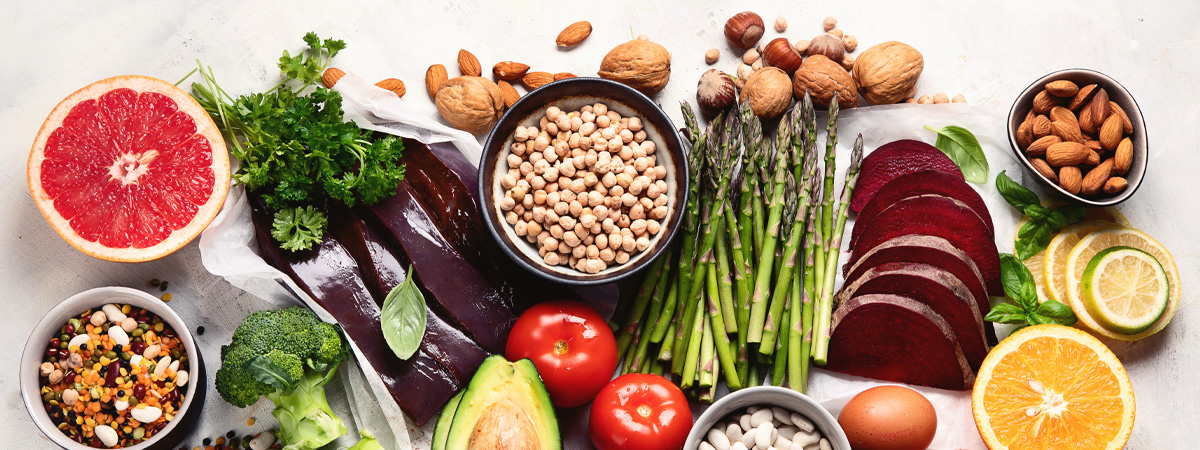How to avoid stress from coronavirus


In the post-coronavirus world, many people have experienced anxiety. This is a phenomenon called ‘mental interaction’. Some people will be more afraid, anxious, and prone to stress due to the coronavirus. Some people particularly fear that the influenza season will overlap soon with the coronavirus’s second wave. Giving too much attention to a particular sensation makes you more sensitive to it. In other words, the more conscious you are, the more likely you are to become anxious. Anxiety climbs higher and higher until you are in a negative spiral, so we need to break the pattern somewhere. There is something important to remember here: don’t eliminate feelings of anxiety and fear.
In the first place, anxiety in life and fear of death are unavoidable. Just as there is a desire to be healthy behind the fear of illness, feelings of wanting to live better and anxiety about infection are two sides of the same coin, and they are natural. Therefore, it is essential to learn to coexist with anxiety rather than trying to cancel it out. The media is continually reporting on the number of infections. The world order is at risk due to the number of infected people and the threat of unpredictability. At the root of your stress, there may be anxiety or fear and exhaustion under the prolonged conditions of the pandemic.
What you want to keep in mind to deal with the anxiety in you
Do not control anxiety
In such a situation, isn’t it rare for people to stay calm every day? You’d better accept that stress is a natural reaction that makes people uneasy because of the heated news and lack of visibility.
Continue daily habits as much as possible
Dr. Bessel van der Kolk, a psychiatrist, expresses the importance of “planning” in a life with many restrictions, such as telework, entertainment, and hobbies. Even if it is not a detailed schedule, it is recommended that you plan out activities, such as plant maintenance, spending time with pets, and cooking. Experience the importance of daily routines and tasks. In the case of home-work, knowing when to switch on/off is also a critical point.
Do your part
Through work, volunteering, and necessary chores at home, you can establish your meaning in life by playing a specific role.
Take a deep breath and move your body
When you are nervous or spending time at home, you often have lower levels of activity and unconsciously have a reduced rate of breathing. By consciously exhaling slowly and moving your body, oxygen consumption increases, and the blood flow throughout the body improves. However, during extreme heat, avoid outdoor exercise to prevent heatstroke.
Make sleeping time as stable as possible
It seems that the body’s rhythm is adjusted by keeping a certain bedtime and waking up at a consistent time. Irregularity of sleep is said to have the same physical and mental effects as a time difference.
Eat a nutritionally balanced diet
Mainly, you’d better get enough vitamins, minerals, and proteins that improve immunity and the internal environment.
Laughing and talking
By laughing aloud, you feel as though toxic things in your body are released, and you think a little easier. It’s impossible to meet and talk with friends for a long time, but by talking on the phone or online, you can share each other’s situations and relieve yourself from feelings.
To compliment and neglect
You wish to work hard sometimes, even in such a situation. Try complimenting yourself aloud.
Nutrients to relieve stress

Vitamin C and E
Vitamin C is one of the ingredients of cortisol, called the anti-stress hormone. The release of cortisol prepares the body to deal with stress. Vitamin E is also involved in producing the anti-stress hormone. Used together, vitamin C and vitamin E enhance the defense reaction against various pressures. While cortisol relieves stress, it may cause side effects of diabetes and weakened immunity if it is secreted excessively.
Tryptophan / B vitamin group
The essential amino acid tryptophan contained in sesame and soy products is a material of the neurotransmitter serotonin that keeps emotions calm and reduces stress.
B vitamin group
Have you ever heard that modern people are easily stressed, cannot stay focused, or are constantly restless? These emotions are related to a lack of vitamins from the vitamin B group, caused by a disturbance in eating habits. The brain uses energy when dealing with stress. Still, in order to efficiently convert glucose, a nutrient source of the brain, into energy, support from various vitamin B groups, such as vitamin B1, B2, or B6 is required. If you do not have enough B vitamins, your brain will run out of energy, and you will not be able to concentrate or will constantly be restless.
Back to the list